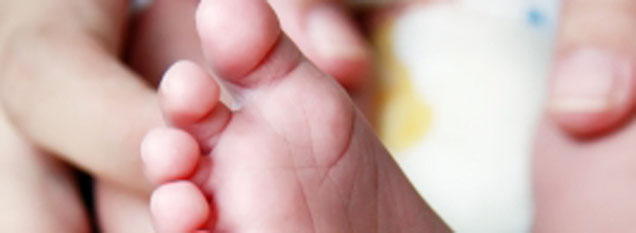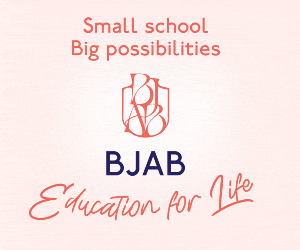The birth of a first child is a commonplace event, yet – as relationship counsellor Suzette Reed writes – for the two individuals who become parents, this transition is a major life change
Both men and women report that having children is the most intensely binding thing a couple can do, and having a child is the single most life-changing event for most couples. This, however, does not mean that having children will keep couples together; parenthood has the potential to challenge both men and women’s feelings about themselves and their relationship.
During pregnancy, the mum-to-be experiences massive changes to her body, hormonal surges and, often, a change in desire and libido. The partner may feel as if they are playing catch up with the changes that are happening. For the first weeks of her pregnancy the woman is likely to feel very different, but appear to the world, and to her partner, to be the same as usual. As the pregnancy progresses , the physical changes become apparent, but the impact of pregnancy goes way beyond the growing bump.
ONCE THE BABY IS BORN, THE LEARNING CURVE FOR BOTH PARENTS IS STRATOSPHERIC
Once the baby is born, the learning curve for both parents is stratospheric, and there needs to be a commitment to real negotiation and understanding between the couple in the first weeks and months of parenthood. Usually one partner becomes the main carer, and this partner will focus their energy, time and attention on the baby.
DEPENDENT
Human babies are very dependent on adults for a long period of time – this may seem an obvious statement but, biologically and psychologically, it is important that a strong bond is forged in the first hours and days after birth. The intense relationship that the main carer develops with the baby is vital. Many parents, particularly the main carer, talk of “falling in love” with their baby and are amazed by the intensity of this relationship. Yet the preoccupation that develops between the carer parent and the baby can leave the other partner feeling lost and emotionally abandoned. Is there enough time, love, and interest, for everyone’s need to be met? It is ironic that, at the very time a couple needs to support one another through this life-changing event, they are buffeted by such strong emotions.
The changes for men when they become fathers has had relatively little attention by policy-makers and service providers, compared with the focus on women as mothers, and the impact and importance of motherhood. Many men talk of feeling confused and unsure of their role, both as fathers-to–be and in the time following the birth.
LACK OF SLEEP
It would seem that couples who ‘make it’ redefine how they show their love for each other during pregnancy and childrearing. Quality, effort, and keeping interested in each other replace frequency (of sex, talking or going out) as measures of success. It’s easy to forget who your partner is, and what pleasures and understanding he/she’s capable of providing. If the couple lose sight of their relationship and their needs – both of which may have changed dramatically – a rift may appear. The baby’s needs may seem ever-present – and lack of sleep doesn’t help – but finding time to be adults, partners and lovers will support the relationship and the baby. Couples must talk and focus on each other; they need to have some fun, and this will help the new family find a healthy and balanced way forward.
Stephen Covey, author of The 7 Habits of Highly Effective Families, believes that a strong adult relationship between parents is essential to forming strong parent/child relationship. He says: “The greatest thing you can do for your children is to love your partner.” It sounds obvious and simple, but can be hard to do when the arrival of a new baby has turned life upside down. Nevertheless, it is worth putting the work in.







